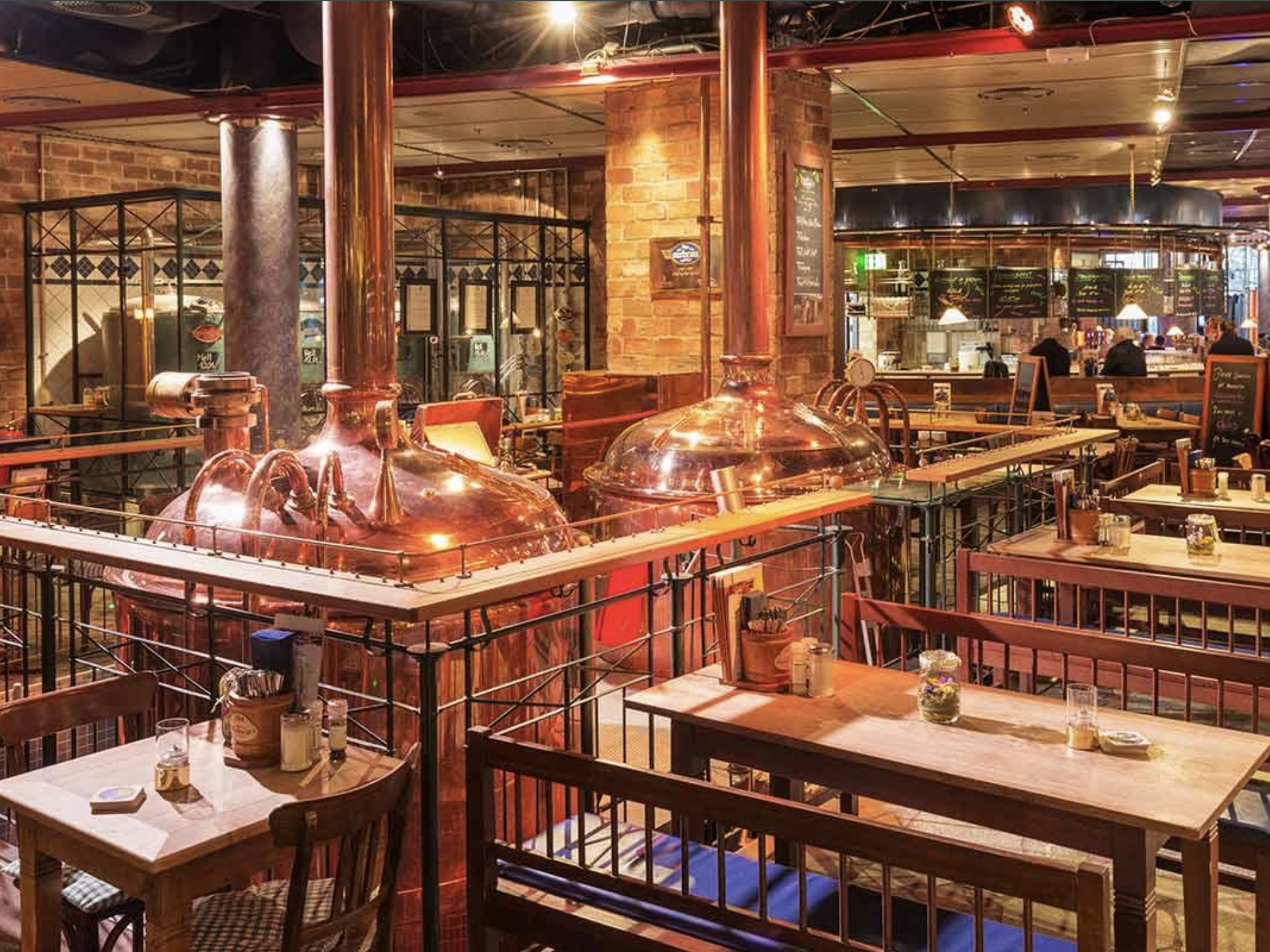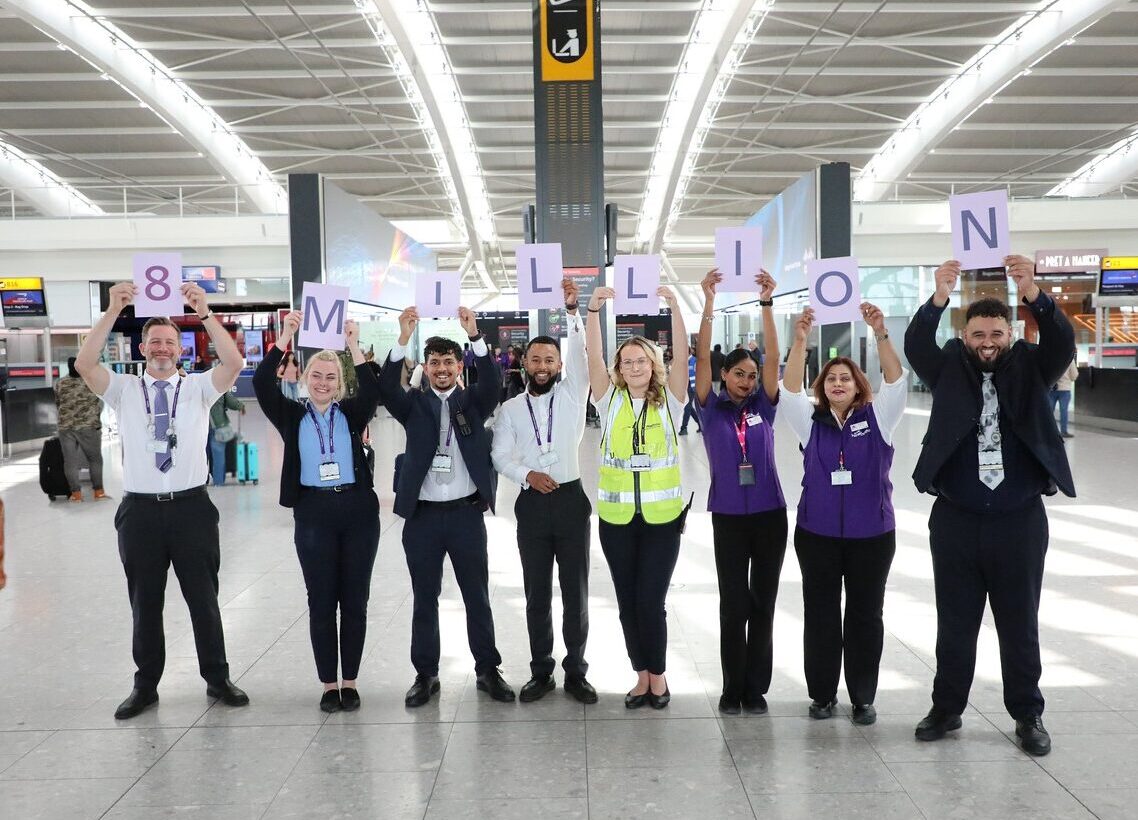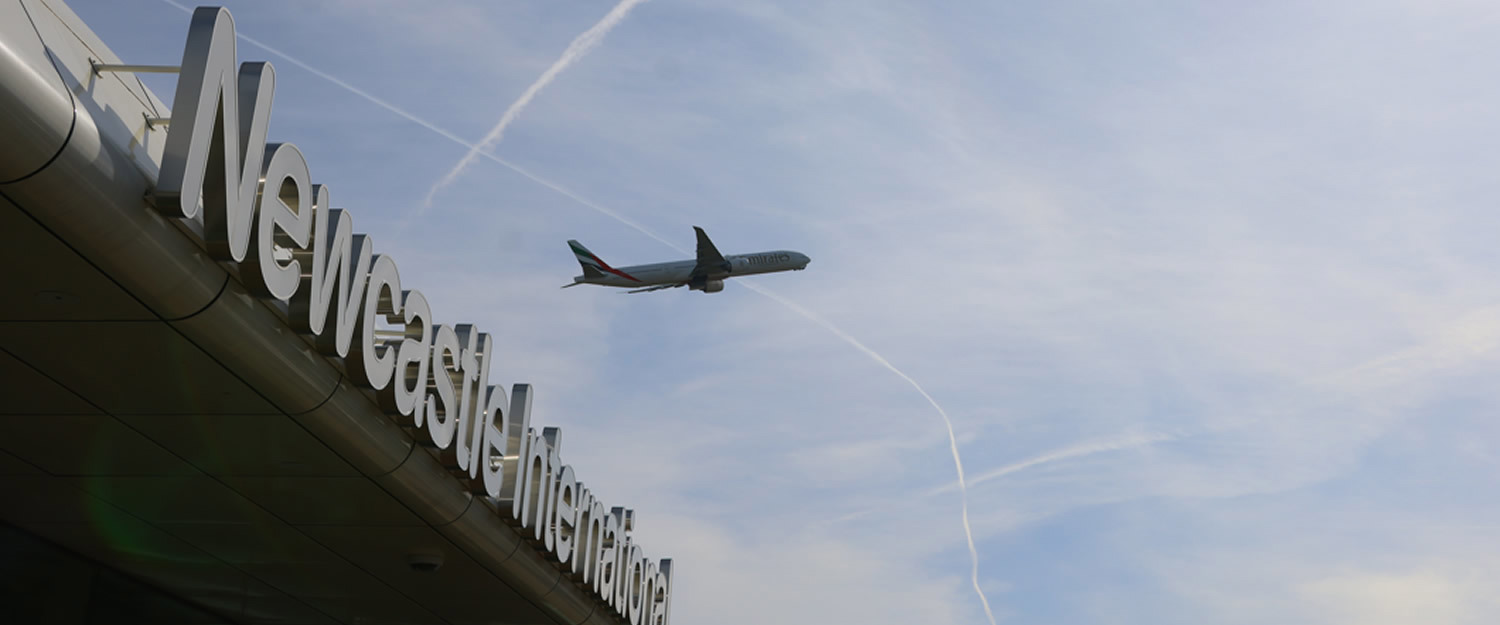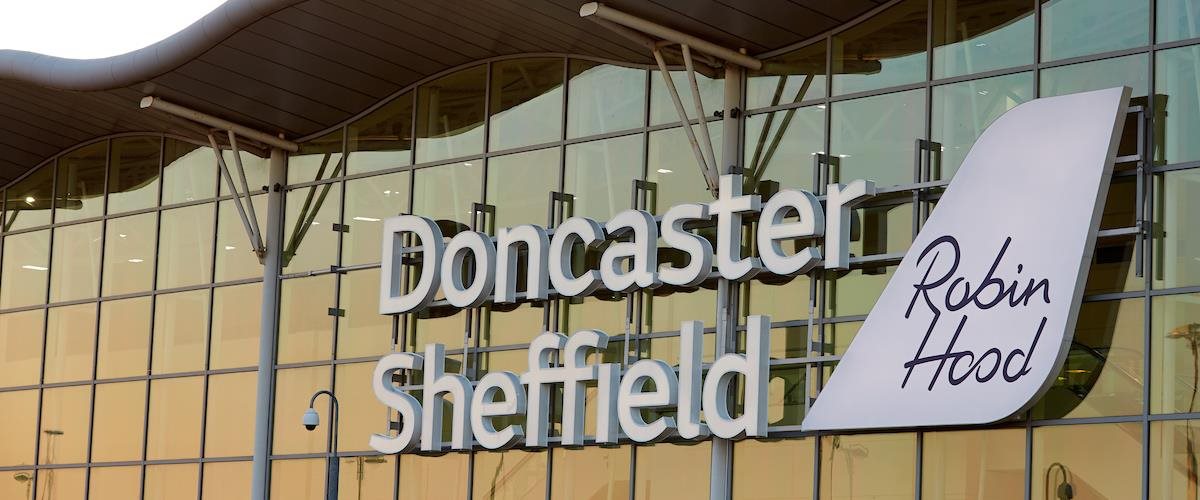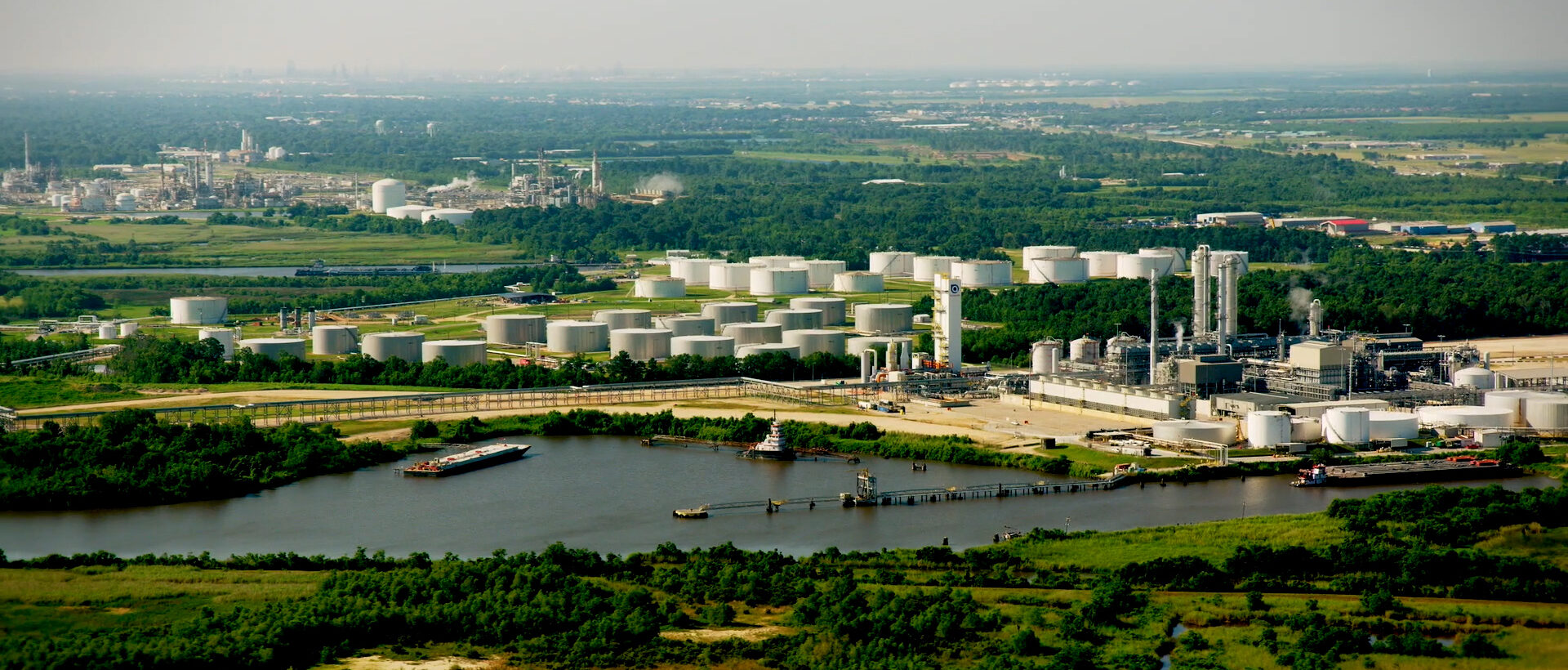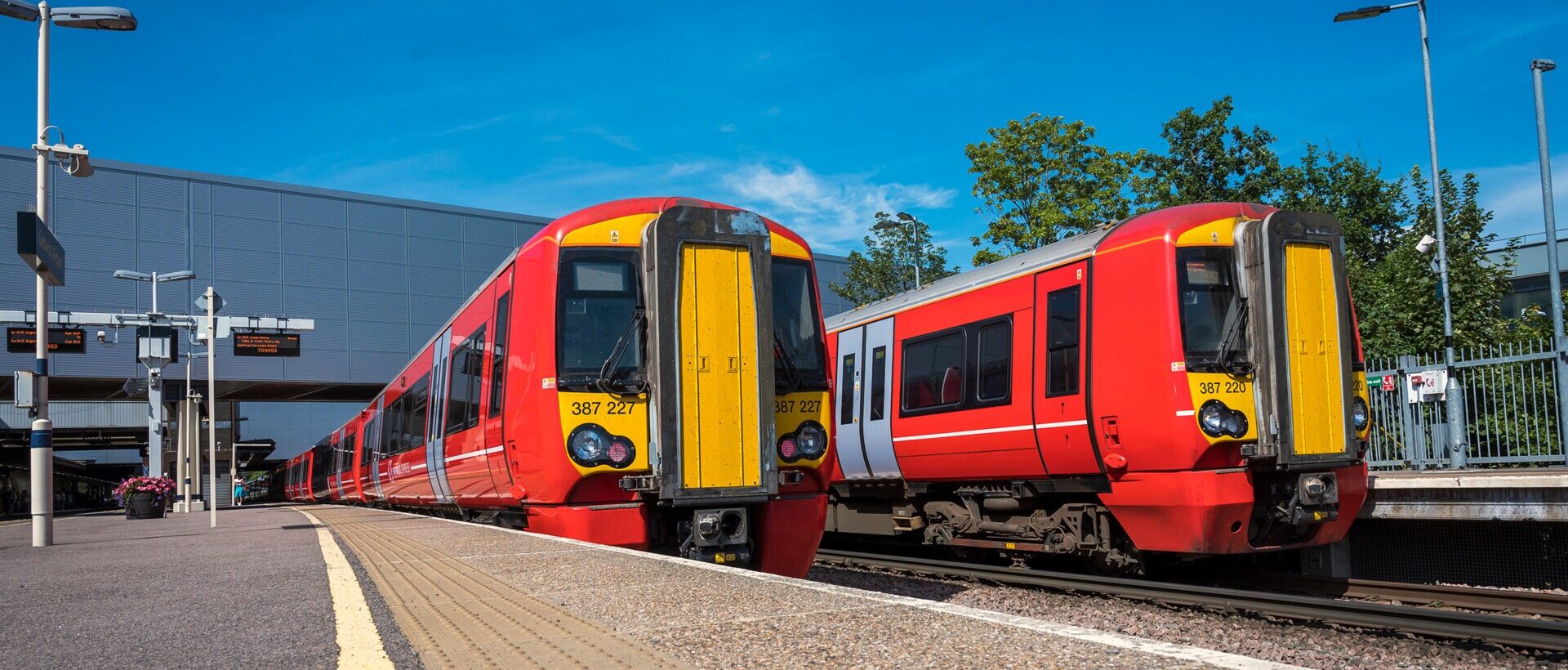The UK Sustainable Aviation Fuel (SAF) Mandate is a policy introduced to decarbonise the United Kingdom’s aviation fuel through the use of a sustainable aviation fuel alternative.
The mandate was officially enforced on 1 January 2025, and requires fuel suppliers to ensure a minimum of 2% of their jet fuel is sustainable. This will rise to 22% by 2040 in an effort to reduce harmful emissions released into the atmosphere.

Initially introduced by the Conservative administration in 2022; the Labour government reaffirmed the previous party’s commitment to the mandate upon its coming to power in 2024, introducing its own Revenue Certainty Mechanism (RCM), which aims to reduce the risks of transitioning to SAF production for new companies.
As we reach the latter end of 2025, the question now is: how far has the industry come during the first nine months of the mandate?
Independent Efforts
With the mandate now fully in place, the first nine months of 2025 have seen a number of new initiatives launched by the UK government, as well as a few solutions offered by airports and bodies themselves.
In January, London Stansted Airport, in collaboration with Cambridge Cleantech, announced that it would begin exploring opportunities for its own production of Sustainable Aviation Fuel (SAF) in the East of England.
Announced at a roundtable event attended by speakers from a range of organisations including Jet2, SSE, LanzaTech and Innovate UK; Stansted’s efforts to produce its own SAF would leverage the East of England’s existing infrastructure, with the region forecasted to contribute 10.2 billion GBP in economic value and create over 60,000 green jobs by 2050.
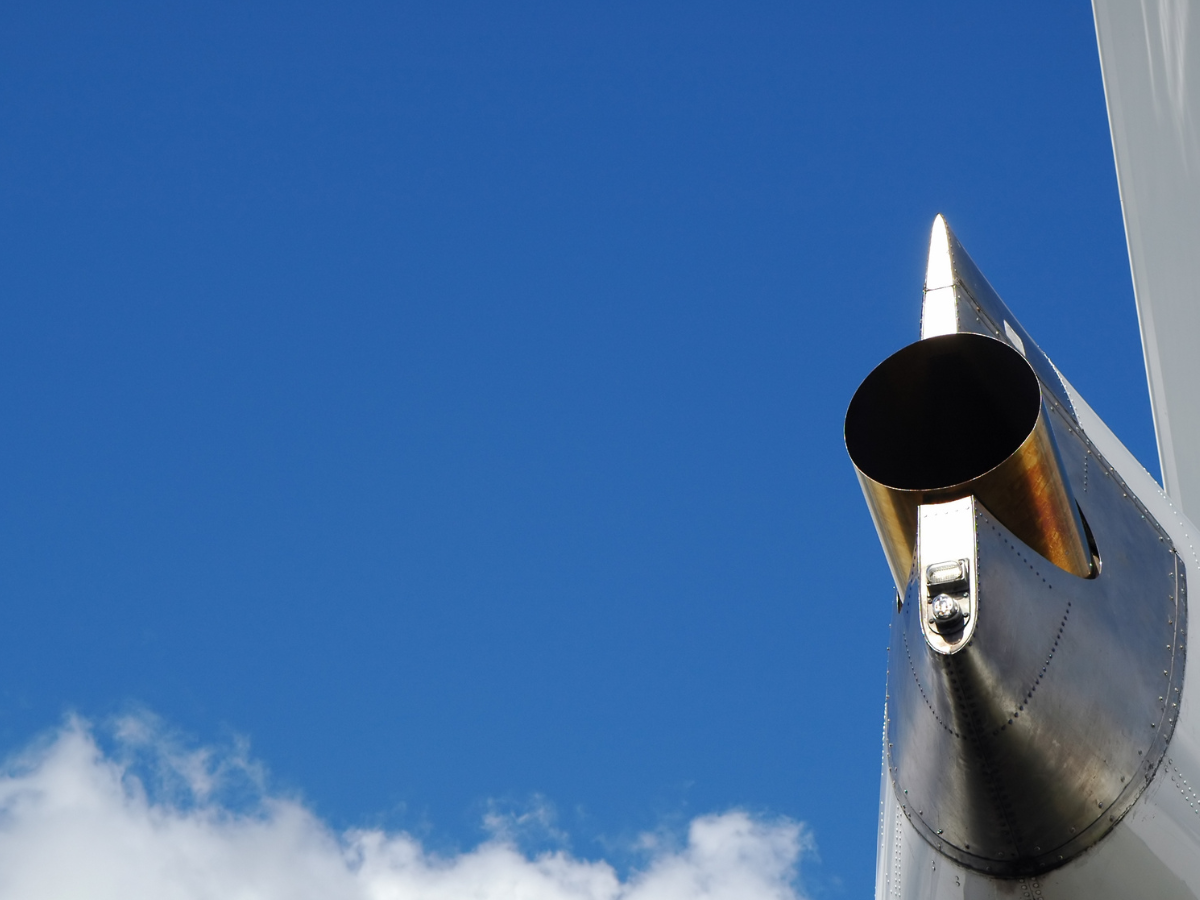
March saw Farnborough Airport (FAB) announce intentions to produce & provide roughly 10,000 tonnes of SAF from local waste sources each year, 12.5 million litres per annum.
One of the world’s first airports to offer SAF for a price equivalent to that of Jet A1 fuel in 2022; FAB intends to produce carbon negative SAF from a variety of mixed waste products either sourced locally or from larger landfill sites, instead of using waste cooking oil or hydroprocessed esters and fatty acids (HEFA).
Elsewhere, The International Air Transport Association (IATA) launched its Sustainable Aviation Fuel Matchmaker platform, which aims to facilitate SAF procurement between both airlines and SAF producers by matching requests for SAF supply with appropriate offers.
The platform seeks to develop long-term relationships and partnerships between airlines and producers by connecting the two parties via a dedicated source and without unnecessary fees.
Government Initiatives
In May the Government set out brand-new measures to accelerate the support of SAF, pledging an additional 400,000 GBP in funding to accelerate both its production and delivery to market, as well as the introduction of the aforementioned RCM scheme.
In July, Aviation Minister Mike Kane named 17 companies to share 63 million GBP to scale UK SAF production under the Advanced Fuels Fund (AFF), which has to date pledged 198 million GBP for the scaling of cleaner aviation technologies across the country.
Companies receiving the funding include OXCCU Tech, which is developing a demonstration plant at Oxford Airport as well as LanzaJet, which is set to build a commercial-scale plant in Teesside.
With other countries such as Budapest and the United States undergoing final preparations to begin utilising sustainable aviation fuel, it’s clear to see that the UK is making steady strides toward the full adoption of SAF across the country – with airports and independent bodies leading the charge.




